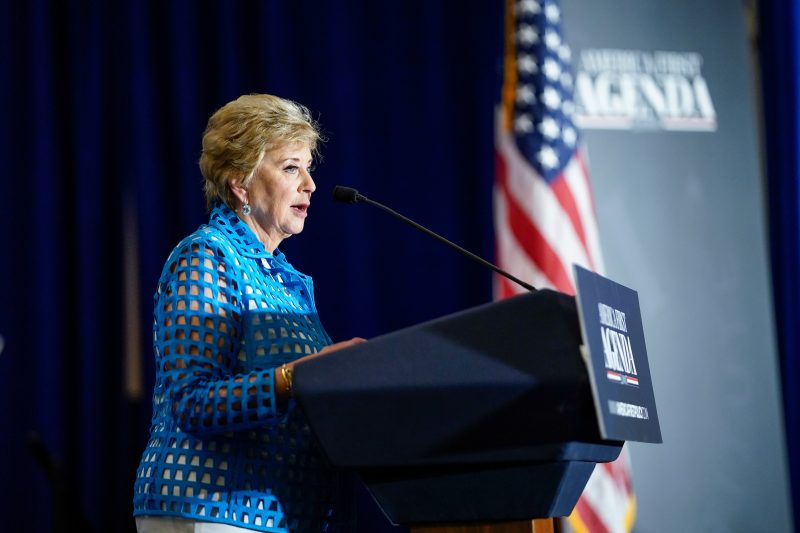In the digital age, cybersecurity concerns have become increasingly prevalent as nations and groups engage in online warfare to gather intelligence, disrupt operations, and gain a strategic advantage. Recent reports suggest that a group aligned with former President Donald Trump may have been the target of a sophisticated cyber attack orchestrated by Chinese hackers, highlighting the evolving landscape of global cyber conflicts.
The alleged attack, as detailed in the report, targeted a company previously associated with Trump’s reelection campaign and sought to infiltrate the organization’s networks to potentially gather sensitive information or disrupt its operations. While the specific details of the attack remain undisclosed, the incident underscores the growing threat posed by state-sponsored cyber actors seeking to advance their agendas through malicious online activities.
The involvement of Chinese hackers in targeting a group connected to a prominent political figure raises concerns about the potential motives behind such attacks. In the realm of geopolitics, cyber operations have emerged as a powerful tool for states to assert influence, gather intelligence, and undermine their adversaries from a distance. The use of cyber attacks to target political entities or individuals linked to a specific political ideology reflects the complex interplay between technology, politics, and national security in the contemporary digital landscape.
Moreover, the reported attack on a Trump-aligned group serves as a reminder of the persistent vulnerability of organizations and individuals to cyber threats, irrespective of their affiliations or political beliefs. As technology continues to advance and cyberspace becomes a critical arena for competition and conflict, the need for robust cybersecurity measures to safeguard networks, data, and critical infrastructure has never been more pressing.
In response to the escalating cyber threats, governments, private sector entities, and individuals must enhance their cybersecurity capabilities, implement best practices, and remain vigilant against potential attacks. Collaboration among stakeholders, information sharing, and proactive defense measures are essential in countering the evolving tactics and techniques employed by malicious cyber actors.
Ultimately, the reported cyber attack on a group associated with Donald Trump underscores the complex and multifaceted nature of contemporary cyber threats, where geopolitical rivalries, political motivations, and technological advancements converge in a volatile mix. As the world navigates the challenges of the digital age, a proactive and comprehensive approach to cybersecurity is imperative to mitigate risks, protect sensitive information, and uphold the integrity of digital systems in an interconnected and increasingly insecure world.
